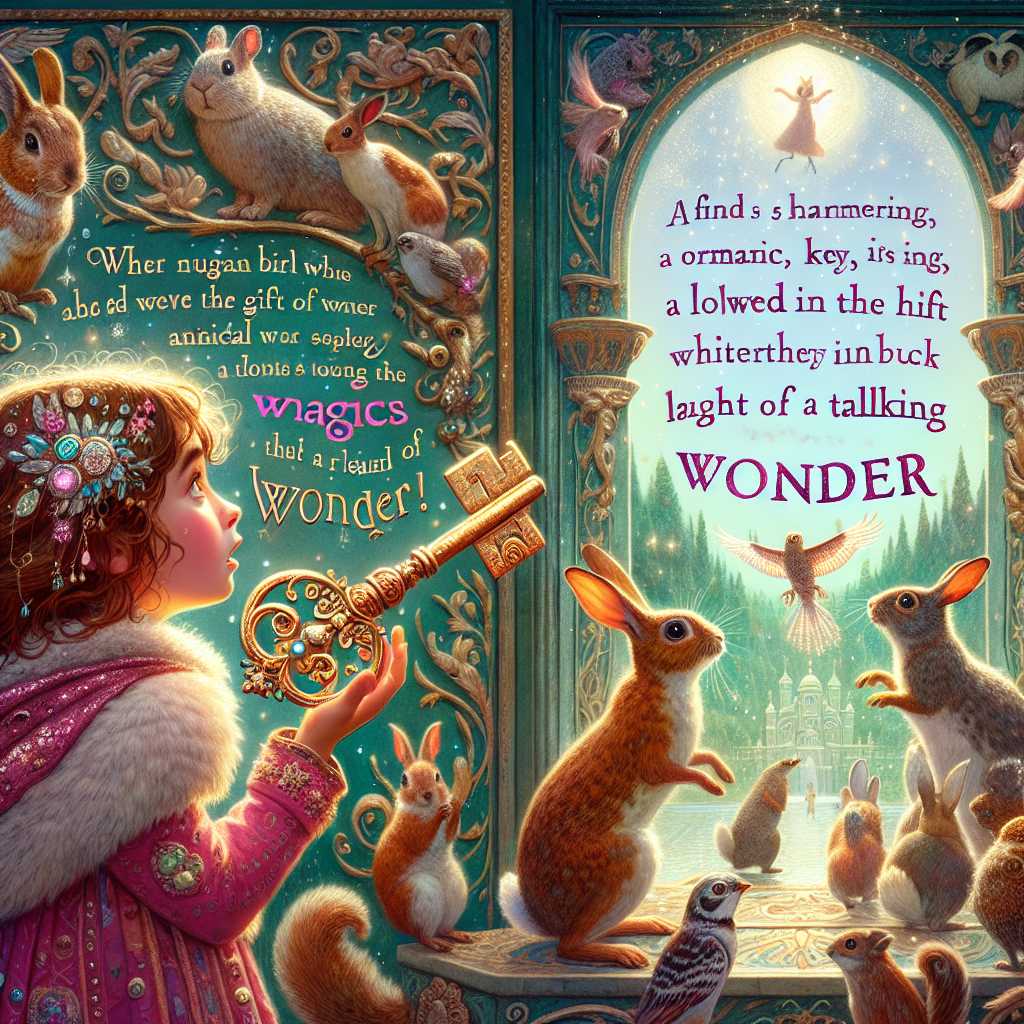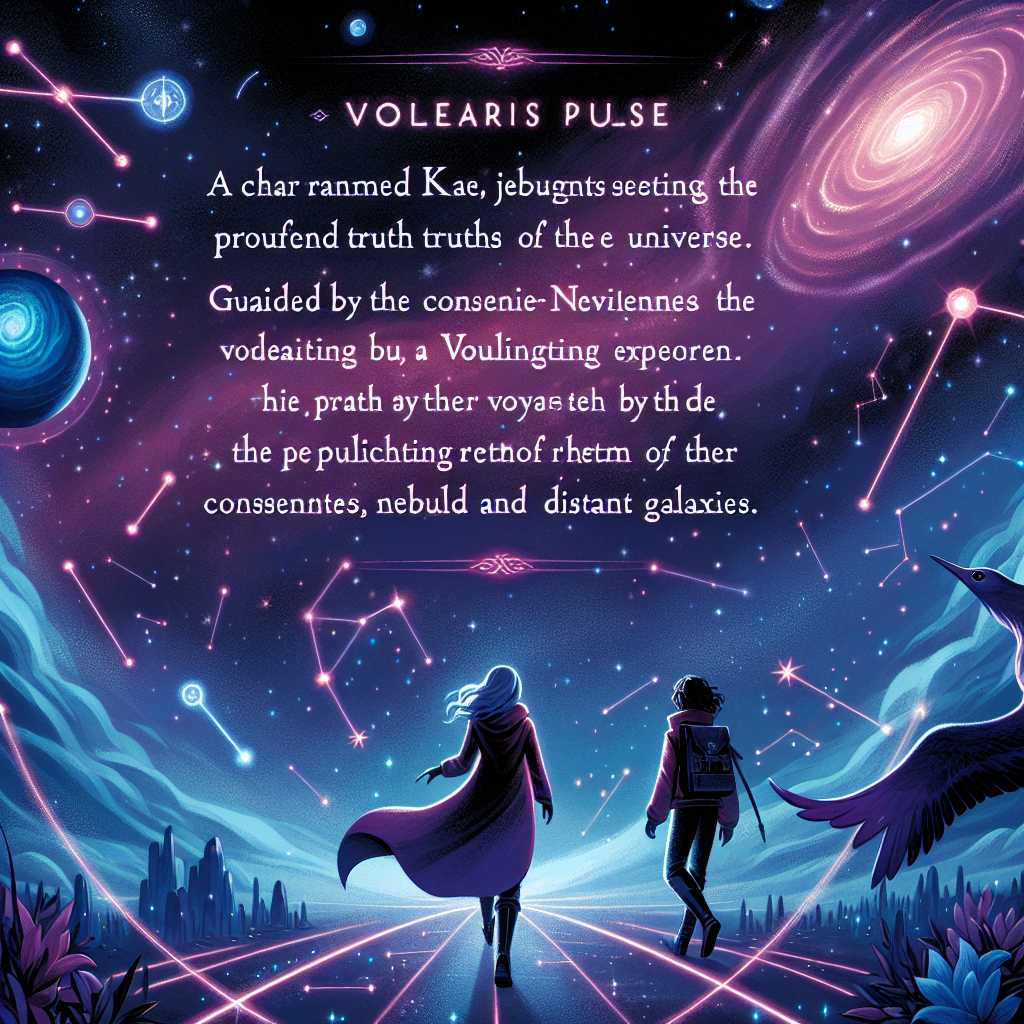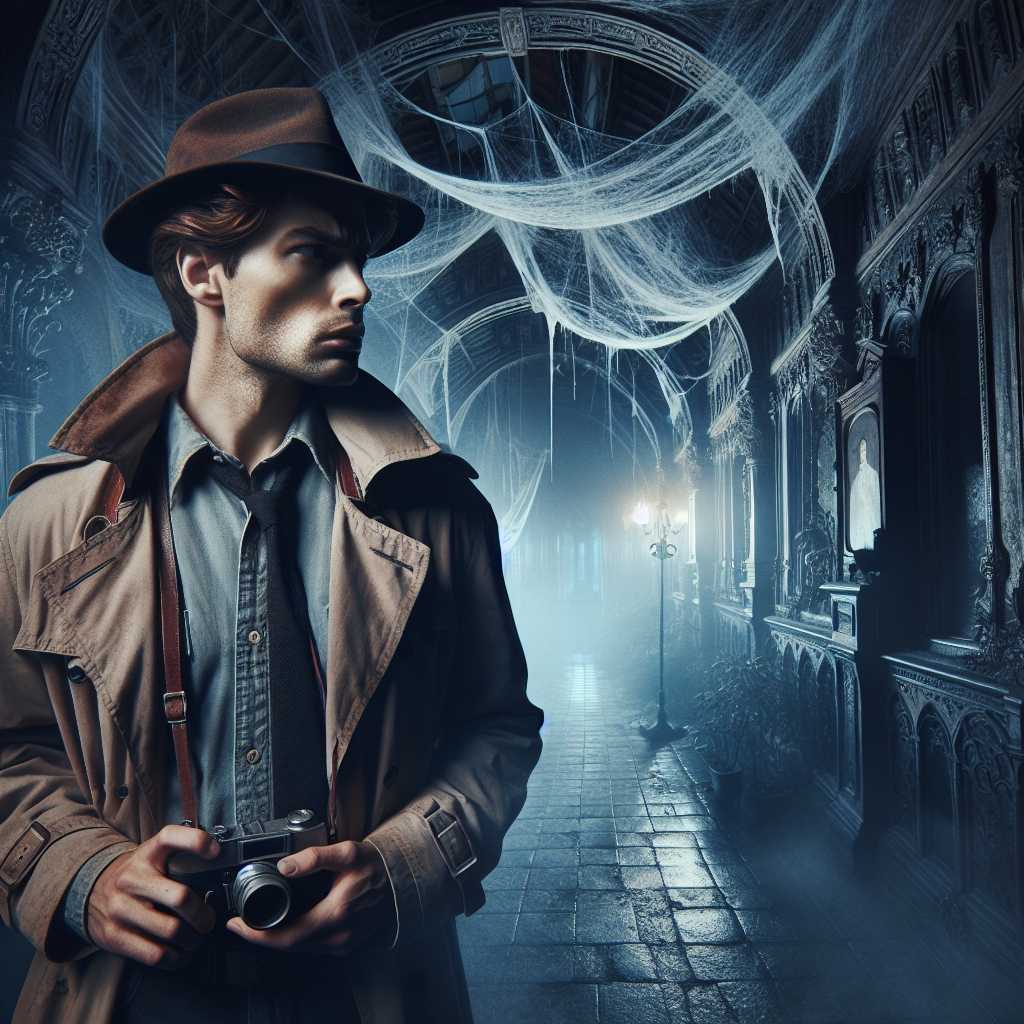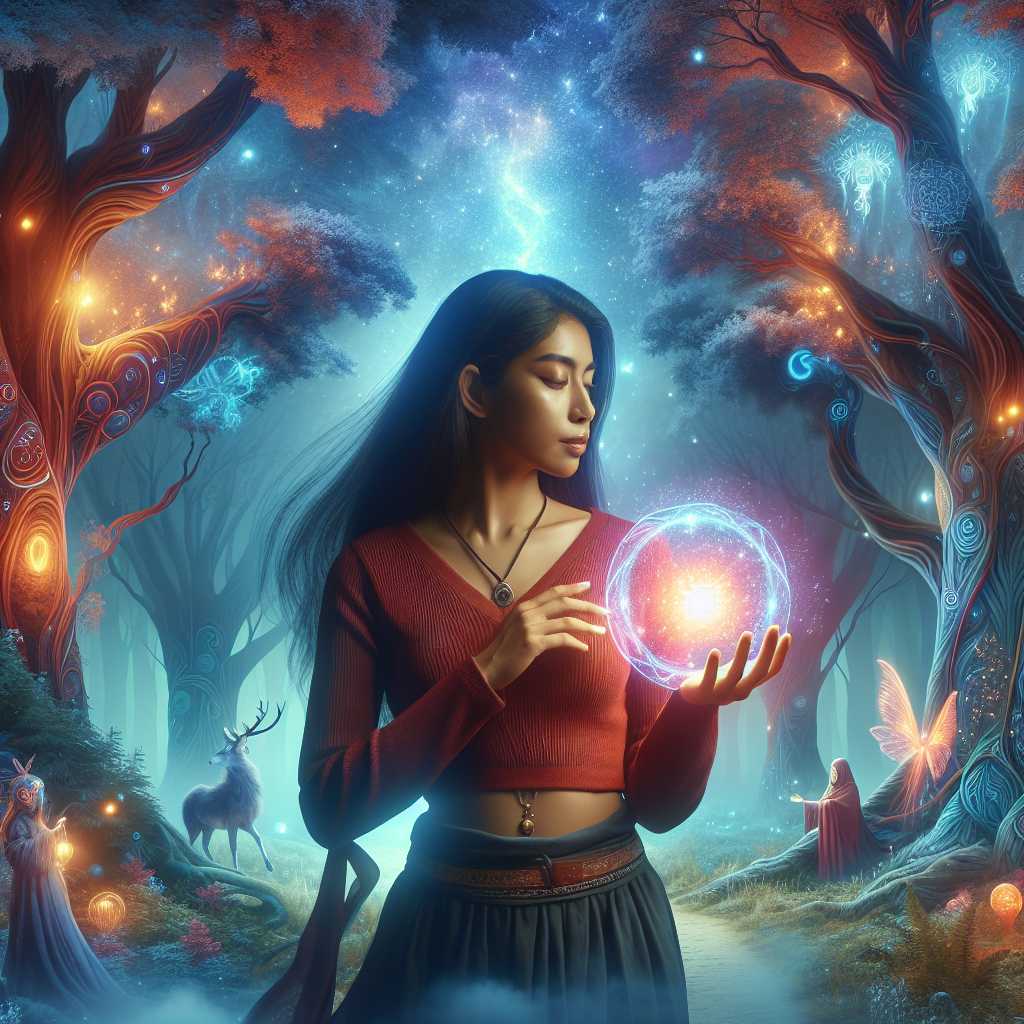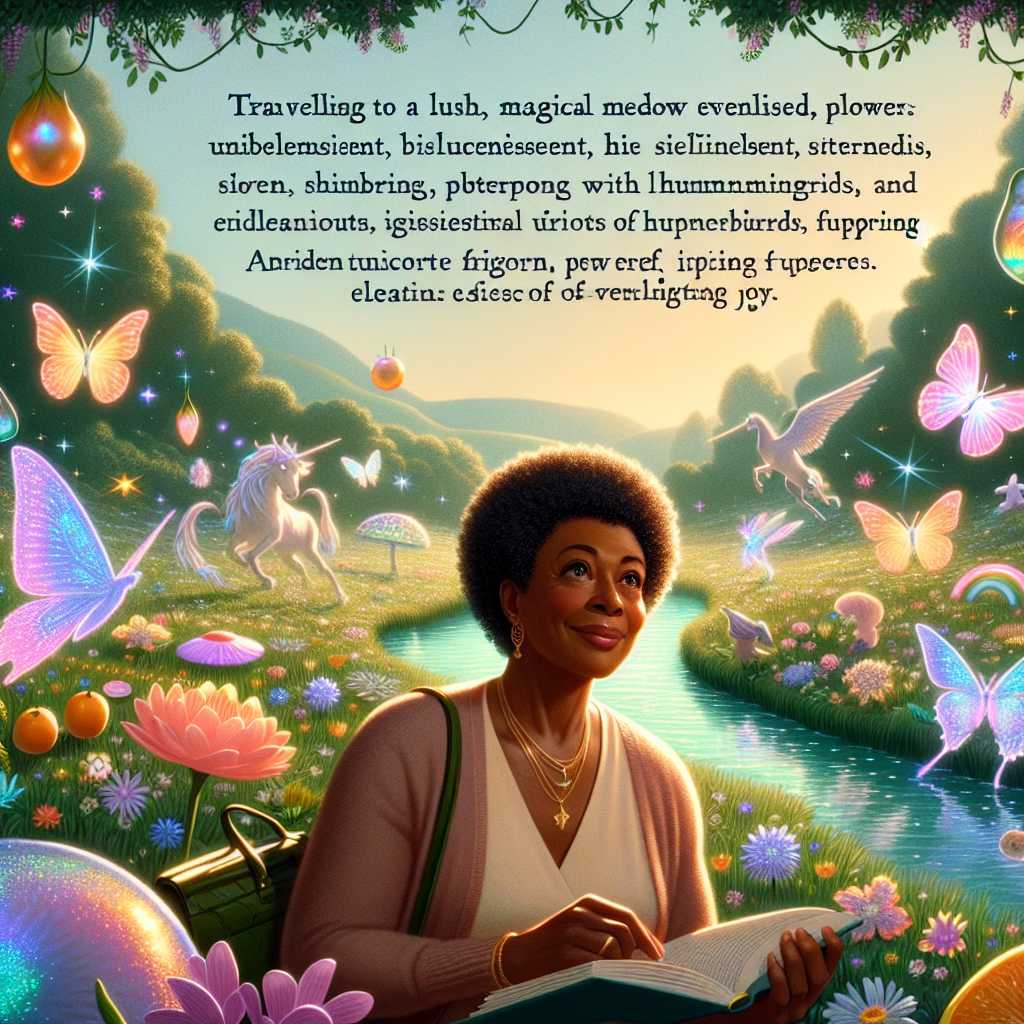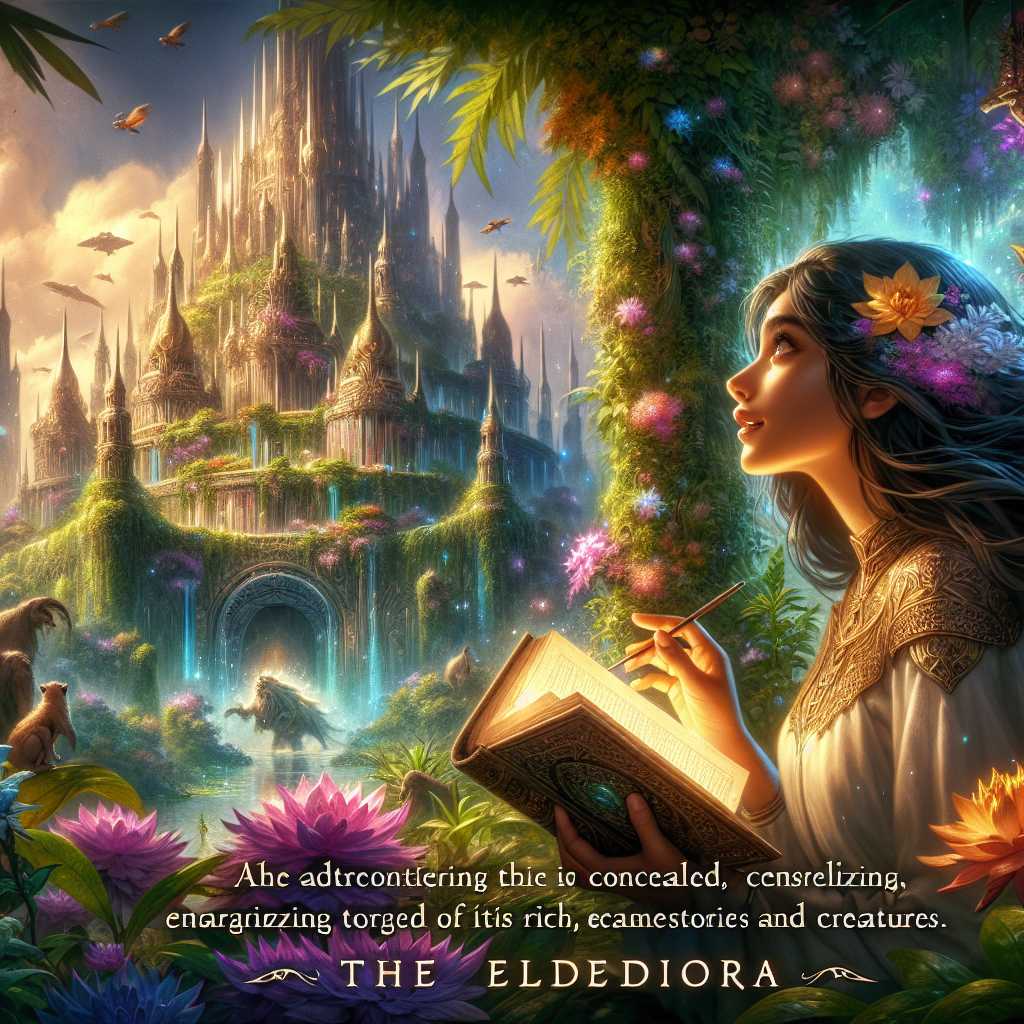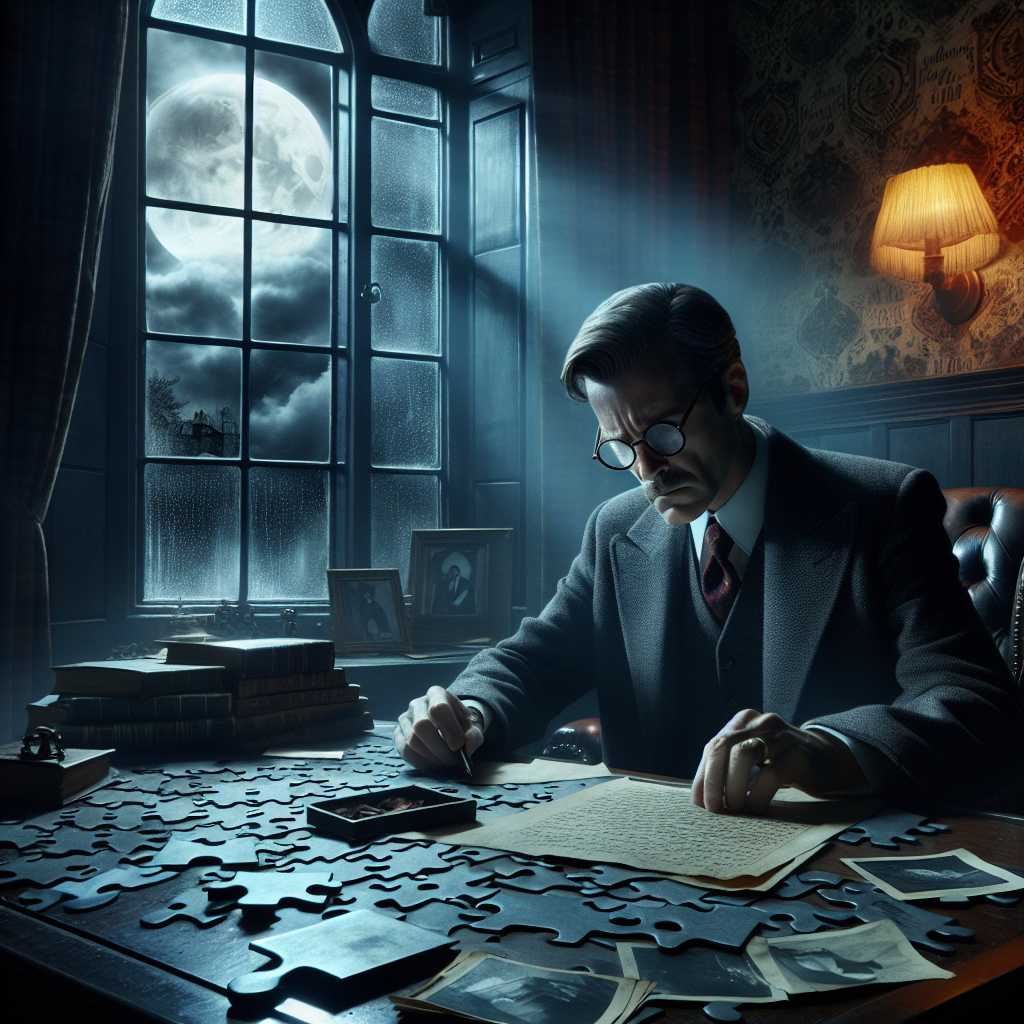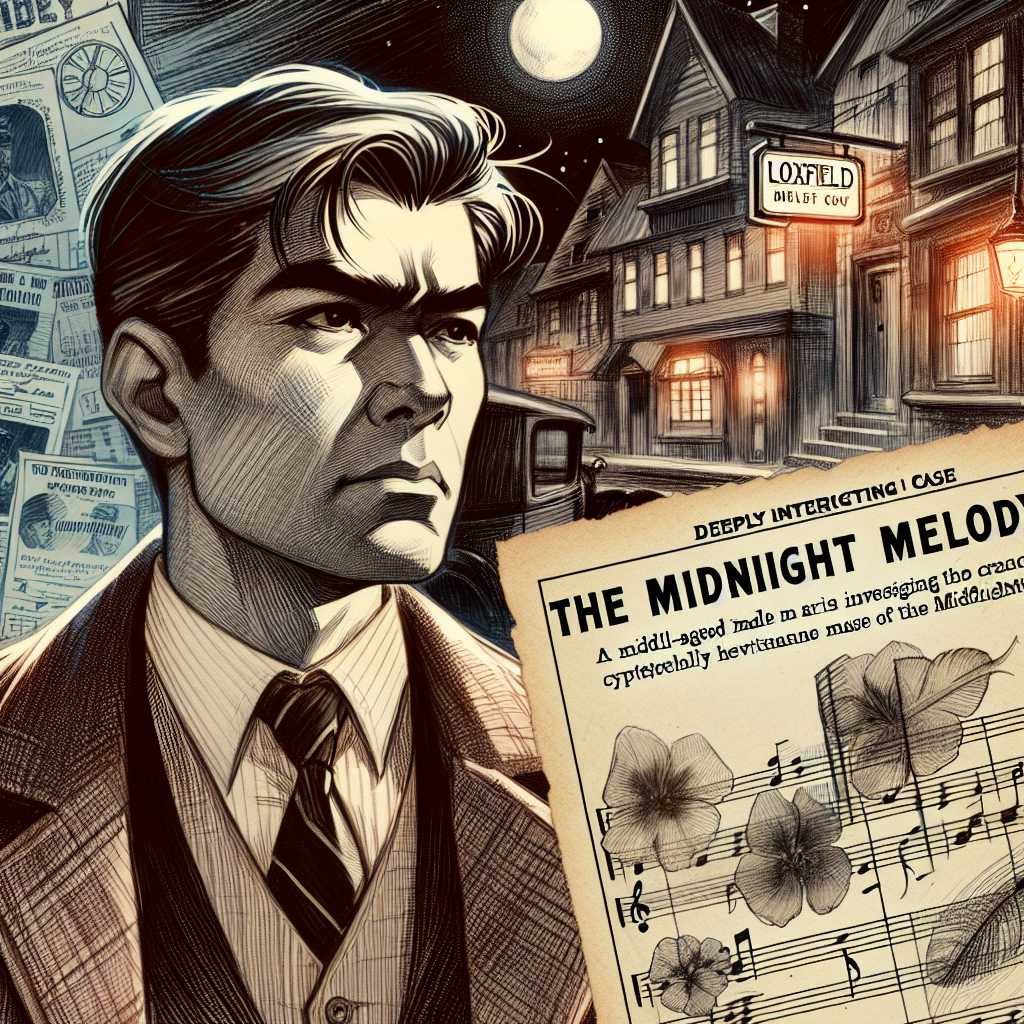
It was a peculiar evening in the quaint village of Loxfield. The moon brought with it a comforting glimmer, casting enchanting shadows that seemed to dance upon the cobblestone streets. However, the serenity was shattered by a series of inexplicable occurrences that left the villagers in whispers of both fear and intrigue.
At the heart of this unfolding mystery stood Detective Theodore Winslow, a man of few words and many thoughts. His tall frame and sharp gaze marked him as an authority on matters of chaos and order, and his arrival in the village was met with hopeful anticipation. **Winslow** had built a reputation for solving the unfathomable, his methods known to be as unconventional as they were effective.
Earlier that week, a haunting melody had begun to echo through the village streets precisely at the stroke of midnight. It was a melody so hauntingly beautiful that it bewitched the senses and chilled the spine. **The Midnight Melody**, as it came to be known, was ethereal and unmistakable, yet its origins were as mysterious as the notes it played.
“This melody isn’t just music,” an elderly villager, Mrs. Peabody, confided to Winslow. “It’s a message. I’m sure of it!”
With a thoughtful nod, Winslow pondered the strange happenings. The Midnight Melody was not the sole focus of his attention. Disappearances had followed the melody's first appearance; three villagers, each as different as the instruments in an orchestra, had vanished without a trace.
Winslow resolved to unravel this web of mystery and, thus, found himself pacing the dimly lit lanes of Loxfield one crisp night. **It was only moments before midnight** when he decided to take his position near Wolfe Manor, an ancient estate long abandoned but oddly picturesque under the moonlight.
The manor itself had a story, one interwoven with the very fabric of Loxfield. It was once a thriving dwelling, home to the reclusive musician, Harold Wolfe, who vanished many years prior—leaving nothing behind but his beloved violin.
Winslow waited, the chill of the air seeping through his coat. Then, as the clock struck midnight, the melody began. Each note seemed to swell and ebb, carrying with it the unmistakable impression of longing and loss.
**But Winslow heard something more**. Beneath the haunting tune was an undercurrent, a discordant rhythm that felt intentional, pointed. His ears, sharp from years of trained listening, picked apart the melody’s layers, recognizing the pattern that lay beneath.
When the music faded, Winslow acted swiftly. He approached Wolfe Manor, his footsteps deliberate and measured. There was something here, he was certain of it, hidden not simply by time but by design.
Inside, the manor was a shadow of its former self. Dust lay thick upon every surface, and the air was laden with the scent of nostalgia. Yet Winslow focused on the ballroom, where the acoustics could create such a spectral symphony.
It was here he found the violin, resting upon a rotting chair as though still in use. Beside it lay a peculiar instrument: a contraption of carefully crafted gears and strings—an automated music machine. **The Midnight Melody** was no phantom, but the precise work of human hands.
Winslow examined the machine, noting its intricate design. It seemed to operate on a timer, set precisely to midnight. He traced the craftsmanship back to a single individual—Vivian North, a clockmaker and artist known for her mechanical genius.
“Vivian North,” Winslow mused softly, “your handiwork is as recognizable as your motive.”
The following morning, with the knowledge he had gained, Winslow called upon Vivian North. She was a petite woman with gentle eyes that betrayed a steely resolve beneath. When confronted, she sighed, resignation folding over her like a heavy cloak.
“It was a tribute,” Vivian confessed, her voice carrying the weight of secrets long held. “To Harold Wolfe, my late mentor. The villagers who vanished—they were his protégés. They wanted to carry forward his legacy of music.”
Winslow listened intently as Vivian unraveled her story. On the night of the melody’s debut, the three villagers had been invited to the manor, where they found notes left by Harold detailing his plans for a conservatory, hidden away safely until their meeting. Reinvigorated by their discovery, they chose to follow his vision, and hence, left the village without saying a word, seeking a new beginning.
The Midnight Melody was Vivian’s way of leading others to this secret, a call to action for anyone who truly understood its deeper meaning.
“You solved the puzzle,” Vivian acknowledged with a soft smile directed at Winslow. “I never intended to cause harm, only to call upon those Harold inspired.”
With understanding on both sides, Winslow spoke gently of ending the mystery for the sake of the anxious village, promising anonymity regarding her involvement.
In Loxfield, life gradually returned to normal. The Midnight Melody no longer played, yet it lingered in memory, leaving behind a legend that intrigued and encharmed. As for Winslow, he left the village with a sense of fulfillment, his mind already turning to the next mystery that awaited unraveling.
For in the life of a detective, there exists no measure of ordinary—only the extraordinary waiting to be discovered.



